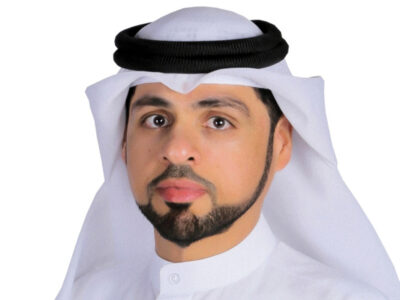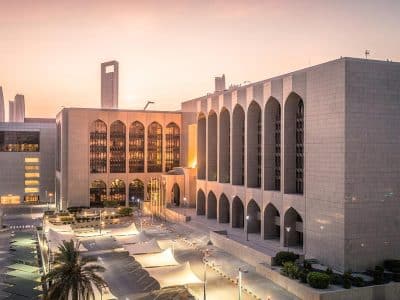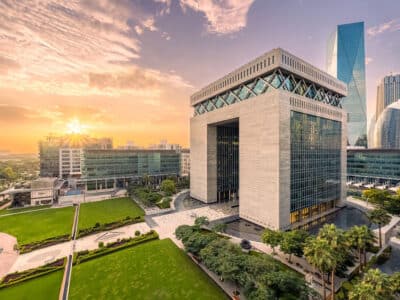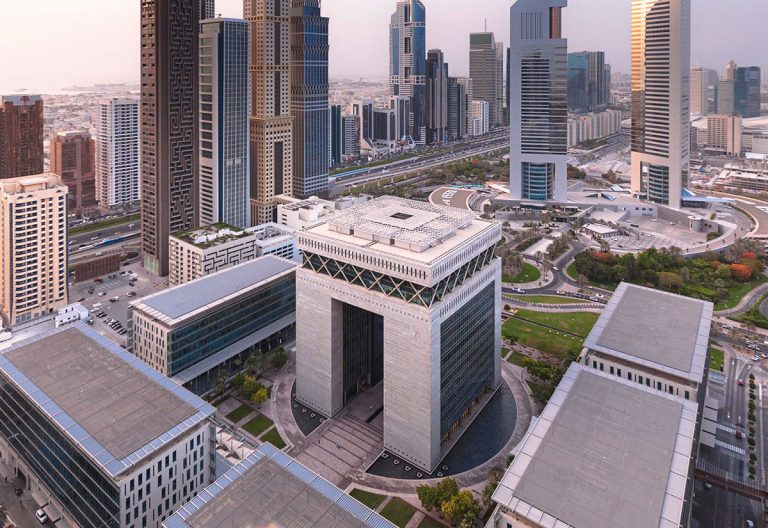Ruler Sheikh Mohammed bin Rashid Al Maktoum (pictured below) on Thursday issued a new law to expand the strategic objectives of Dubai International Financial Centre (DIFC).
The new law replaces the original founding law of DIFC and provides for more clarity on the duties and responsibilities of the DIFC’s president, governor, the centre and bodies.
It also ensures the DIFC’s operational, financial and administrative independence that is crucial for its continued growth and success.
The new law expands the strategic objectives for DIFC which aims to further boost Dubai’s position as a global hub for financial services and promote the values of efficiency, transparency and integrity.
These objectives now also include advancing sustainable economic growth for Dubai, developing and diversifying its economy and increasing the GDP contribution of the financial services sector, to promote investment into Dubai and to attract regional and international entities to establish themselves in DIFC as their principal place of business.
This follows an announcement by Saudi Arabia earlier this year to put pressure on global firms to set up their regional headquarters in the Gulf kingdom.

Starting on January 1, 2024, the Saudi government and state-backed institutions will stop signing contracts with foreign companies that base their Middle East headquarters in any other country in the region. The move is intended to limit “economic leakage” and boost job creation.
The new DIFC law also provides clarity on what DIFC establishments may do outside their physical premises in the financial centre.
Details confirm that they may supply services and products to customers outside DIFC, providing they are primarily provided out of their premises in the centre. Marketing and promotion of their activities can also be conducted outside DIFC.
The Dispute Resolution Authority that existed under the previous law will operate as two separate bodies under the new Law in the form of the DIFC Courts (pictured below) and the Arbitration Institute.
This will allow each body maximum opportunity for growth and proper allocation of resources in respect of their separate mandates, a statement said.
It added that the new law allows the DIFC president to exempt certain federal and local government authorities, companies and other entities from the application of any DIFC laws or regulations being applicable to them when present in the centre.
In March, DIFC reported its best annual performance in its 16-year history with the number of new firms growing by 20 percent in 2020, taking the total to 2,919.
Reaffirming Dubai’s growing reputation across the global finance industry, a total of 915 financial companies are now active in DIFC, up 24 percent from 735 in 2019 while the number of businesses in the fintech and innovation ecosystem more than doubled with 189 joining in 2020, taking the total to 303.

The DIFC workforce rose 4 percent to 26,773 while the market size of DIFC-based activities grew to $784 billion, an increase of 12 percent from the previous year.
It added that business sectors across DIFC achieved “exponential” growth, including banking, capital markets, wealth and asset management, fintech and professional services.








